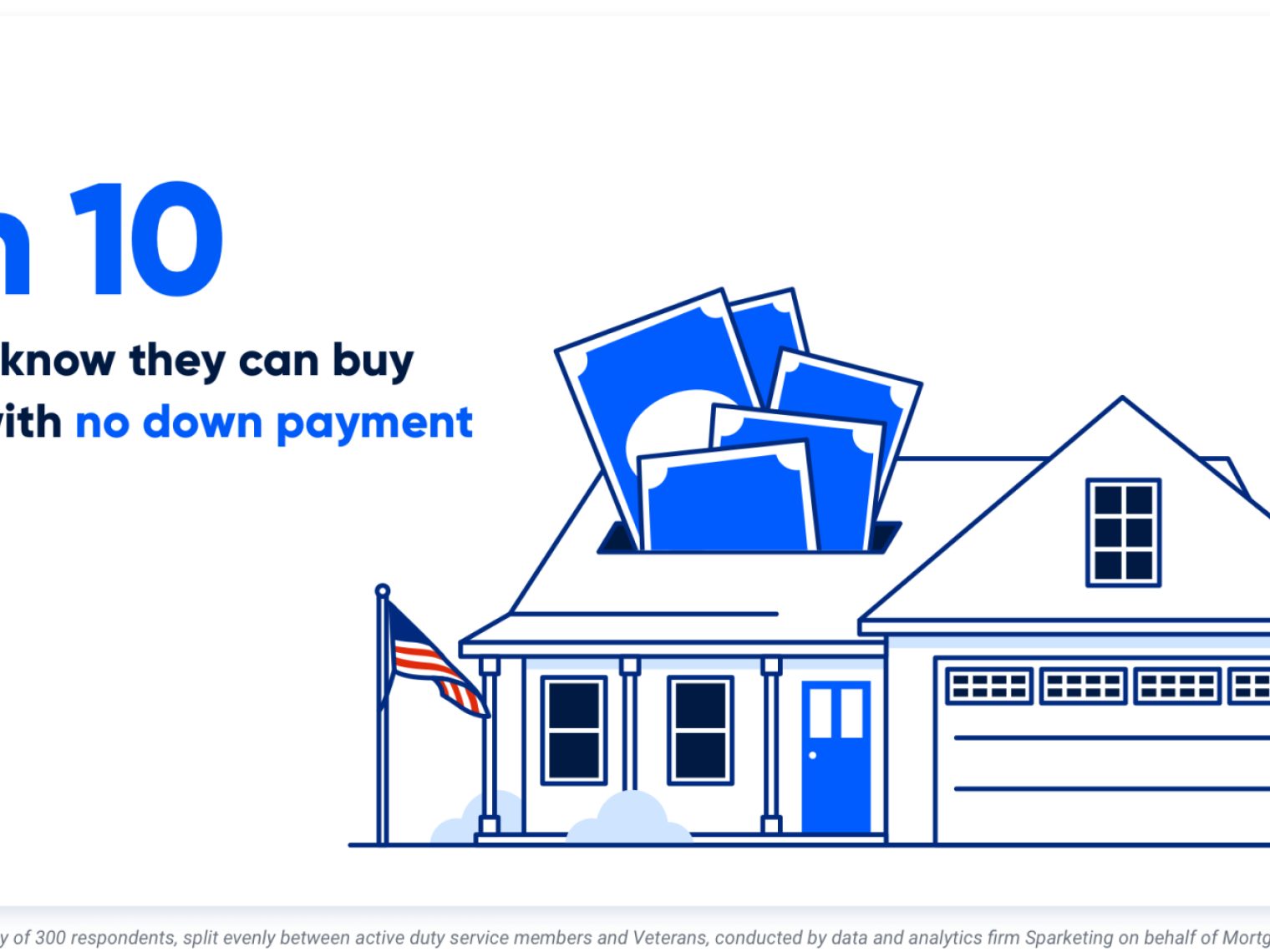When a homeowner puts their house on the market, they’ll prepare a packet of disclosures full of important information about the property.
Real estate disclosure laws vary, sometimes even on a county-by-county basis, but most sellers have a legal responsibility to tell potential buyers about past or present property issues.
Disclosures will usually specify the age and condition of electrical, water, and sewage systems, HVAC units, appliances, roofs, gutters and more. They may also reveal any repairs or upgrades made by the seller.
Sellers are usually required to provide disclosure statements within a week of accepting an offer. Some sellers even make them available during home tours. As a buyer, you should take full advantage of this opportunity to spot any red flags that could come back to haunt you.
You’ll want to get a home inspection once you’re under contract, often before the lender orders a mandatory VA appraisal for the property. But before you shell out any cash for an inspection or the appraisal, look first to the seller’s disclosure packet.
If the seller’s disclosures reveal a major issue with the home, buyers can typically bow out of the deal without surrendering their earnest money.
Details revealed in disclosure packets can also help if you’re hoping the seller will cover the cost of repairs or additional inspections before closing.
It’s a seller’s responsibility to disclose, but it’s your job as a buyer to review disclosures closely. Ask your real estate agent or an attorney if you have any hesitation before signing off on your seller’s disclosure packet.
What Will a Seller Disclose?
In general, sellers have a duty to disclose any known issues that may present health or safety concerns. Since undisclosed problems could spell legal trouble for sellers after closing, many listing agents encourage over-disclosure.
Depending on state laws, sellers will disclose information about anything from lead paint to lousy neighbors. In California, for example, sellers must disclose issues as specific as a history of unpleasant odors in the neighborhood. Disclosure requirements can vary depending on where you’re buying.
Check with your real estate agent or consult an attorney about requirements in your area.
Here are some possible items to look out for:
- Lead paint was used commonly in homes built before 1978. Many states require sellers to disclose any knowledge or suspicion of lead paint in a home.
- Mold caused by dampness – past or present – is one of the most common culprits behind post-closing litigation.
- Asbestos is a hard-to-spot environmental hazard that sellers are often obligated to disclose.
- Radon is a naturally occurring radioactive gas that can cause serious harm with extended exposure. Though radon is more common in some regions of the United States than others, the EPA recommends radon testing for all residential structures. If a seller discloses elevated radon levels, measures can be taken to remedy the issue prior to closing.
- Buried waste and toxic spills can affect a home’s water supply and pose health and safety risks. If the seller’s property disclosures reveal a spill or the presence of buried waste, the buyer reserves the right to request proof that the issue has been handled satisfactorily
- Flood and earthquake vulnerability may trigger additional insurance requirements for buyers and must be disclosed in many cases in which an elevated risk of natural disaster is known.
- Wood-destroying organisms can wreak havoc on a home’s structural integrity, but they’re often hidden from plain sight. In areas susceptible to wood-destroying insects, a pest inspection will likely be required along with seller disclosures. VA buyers are allowed to pay for the cost of the termite inspection and any needed repairs.
- Other pests like spiders and rodents also fall under the seller’s duty to disclose in many areas.
- Improvements, additions, or major upgrades must be inspected and approved by a local governing entity in most cases. Improvements made without first obtaining proper permits can cause headaches down the road once a property changes ownership. If a seller discloses a non-permitted addition or renovation, you may want to ask them to retroactively apply for permits.
- Foundation issues like cracks, settling, and water damage should be disclosed even if repairs have been completed since these types of problems tend to recur.
- Electrical and plumbing disclosures should include the age, type, and repair history for these systems.
- Roof, downspouts, and gutters are common big-ticket repair items, so keep an eye out for any issues disclosed by the seller.
- Deaths on the premises will typically need to be disclosed if they were violent in nature or if foul play was involved, while deaths due to natural causes can sometimes be left out.
- Criminal activity associated with a home or a high crime rate in the neighborhood can affect resale potential and must be disclosed in some states.
Disclosure Exemptions
Extensive property knowledge is required to make thorough disclosures, so sellers who have not occupied a home are exempt from standard disclosures in many cases. This applies to homes that are being sold as part of a trust; bank-owned properties such as short sales and foreclosures; and homes being sold by relocation companies.
Overall, some states are more relaxed than others in terms of what sellers must disclose.
Failure to Disclose
Buyers may be able to recoup repair money or damages from sellers who fail to disclose known issues. Every situation is different. You may be able to address the issues directly with the seller or through their listing agent.
Some buyers pursue action through small claims or even state court. Talk with your real estate agent or an attorney about your specific concerns and situation.
The Bottom Line
Seller’s disclosures are your first step in protecting one of the most important purchases you’ll ever make.
As a buyer, it’s crucial to diligently review seller disclosures before signing them and moving forward with your home purchase. The examples we covered here represent some of the most commonly disclosed items, but it’s crucial to research your area’s specific guidelines.
Requirements can be so different from place to place. Ask your real estate agent or attorney to go through disclosure packets with you. Take every step you can to safeguard your financial future.
Related Posts
-
 VA Loan Down Payment RequirementsVA loans have no down payment requirements as long as the Veteran has full entitlement, but only 3-in-10 Veterans know they can buy a home loan with zero down payment. Here’s what Veterans need to know about VA loan down payment requirements.
VA Loan Down Payment RequirementsVA loans have no down payment requirements as long as the Veteran has full entitlement, but only 3-in-10 Veterans know they can buy a home loan with zero down payment. Here’s what Veterans need to know about VA loan down payment requirements. -
 5 Most Common VA Loan Myths BustedVA loan myths confuse and deter many VA loan borrowers. Here we debunk 5 of the most common VA loan myths so that you can borrow with confidence.
5 Most Common VA Loan Myths BustedVA loan myths confuse and deter many VA loan borrowers. Here we debunk 5 of the most common VA loan myths so that you can borrow with confidence.

